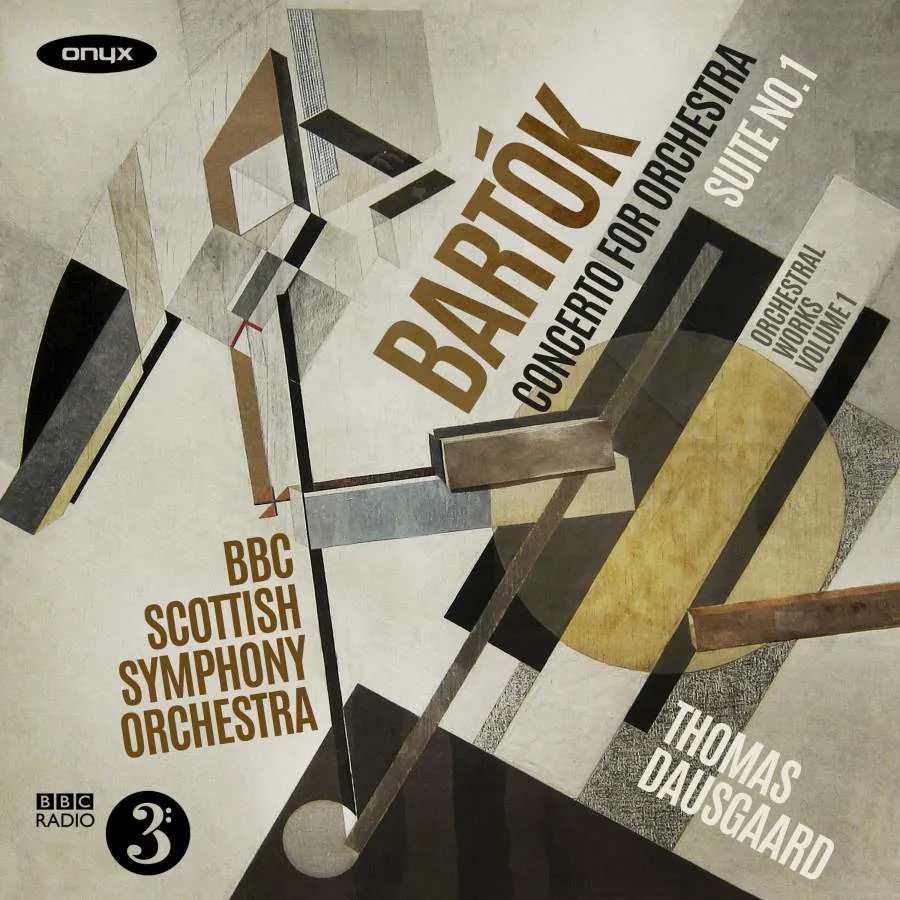
Bartók Suite No. 1; Concerto for Orchestra BBC Scottish Symphony Orchestra/Thomas Dausgaard Onyx ONYX 4210 77:37 mins
So familiar and unmistakeable today is Bartók’s mature style that hearing the original version of his Suite No. 1, composed in 1905, can come as quite a surprise. That’s especially true beside the Concerto for Orchestra, which was written in the US for Koussevitzky 38 years later. The similarities and differences are striking: what a distance this composer travelled, yet the roots were there from the very start.
Like the Concerto, the Suite is a five-movement orchestral showpiece with a characteristically Hungarian flavour, yet it seems to spring from a different world altogether. Here the 24-year-old composer drew folk music influences into a soundworld that at times could almost be mistaken for Richard Strauss, whose tone poems he adored. Sometimes the orchestration is straight out of Brahms – for instance, pizzicato low strings beneath eloquent clarinets and horns. The second movement foreshadows the sonic imagination of the Concerto and even Bluebeard’s Castle, with an underlay of gusty whirls of woodwind. The finale is a spirited dance in seven.
Thomas Dausgaard and the BBC Scottish Symphony Orchestra make a convincing case for this sometimes disorientating piece, with plenty of drive and contrast, plus consistently well-defined characterisation. The Concerto for Orchestra is played with tremendous relish, the orchestra positively bouncing through the Intermezzo’s rather blunt joke at the expense of Shostakovich and/or Lehár, yet also plumbing the sinister depths of the opening movement. Recorded sound quality is sympathetic and clear, enabling the detailed writing to be heard without resonant overkill – especially in the Concerto’s virtuoso finale, an irresistible gallop across the plains.
Jessica Duchen